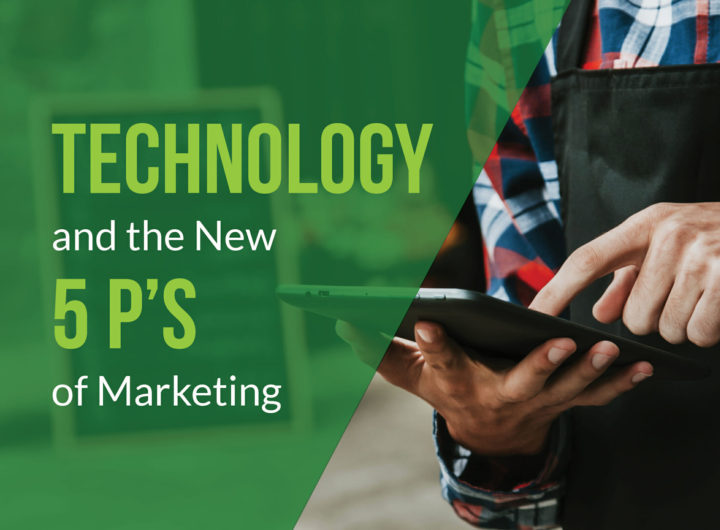The so-called retail apocalypse being widely reported is certainly clear and evident to anyone walking a shopping mall these days; however convenience stores remain the only brick-and-mortar channel expected to grow share of wallet through 2021, according to a recent Convenience Store News article, citing the latest State of the Industry report from Koupon Media. The report points to the well-known challenge the grocery channel faces with the growth of online shopping and rapidly transforming consumer preferences in grocery purchasing. But it also highlights a positive outlook for c-stores: the shift to online shopping is resulting in an increase in consumers’ immediate-needs and fill-in purchases.
One technology that is expected to continue playing a greater role here is mobile offers. The Koupon Media report points to the increase in web-connectivity options in new cars. By 2020, according to the report, 75 percent of new cars will include web connectivity and mobile connectivity, creating a path for retailers to present offers and opportunities potential customers on the road.
But matching the consumer’s need with the retailer’s opportunity may not be so cut-and-dried. While a recent Business Insider report cites NPD Group data indicating the number of orders being placed at U.S. restaurants increased by a whopping 50 percent in 2017, retailers like Starbucks and McDonald’s are experiencing chaos in processing these changes and integrating them into their operations. According to the report, Starbucks has began rewriting its book on staffing and worker assignments based on these changes in customer habits.
Even more challenging is the increase in consumers’ instant options provided by technology. Consumers are making decisions based on more than just the traditional “four P’s” of marketing: product, price, place and promotion. According to a recent Harvard Business Review article, retailers might also take into account what it calls another set of “P’s”: purpose, pride, partnership, protection and personalization. With rapid access to multiple options to fill an immediate need, just maintaining the best location may not be enough to win the battle for modern customers’ digital wallets.
One example of espousing these new consumer values is Chicago-based Foxtrot, a convenience-format retailer that morphed from a mobile-ordering and delivery operation to a small-format retailer with immediate growth ambitions. According to a Curbed article, the retailer is finding success not just based on location, but on a “curated” presentation of locally sourced products – appealing to that new set of marketing “P’s”. And in so doing, it is seeing growth in both its foot traffic as well as its original delivery model, says the report.
Business Accelerator Team is an outside-in catalyst assisting with insight, strategy, marketing and connections. Our consultancy provides business-development expertise derived from a deep understanding of what has worked with suppliers, retailers and media in retailing and foodservice. If you would like to learn more about how Business Accelerator Team can help you take advantage of the latest technology for your business, contact us for more information.


